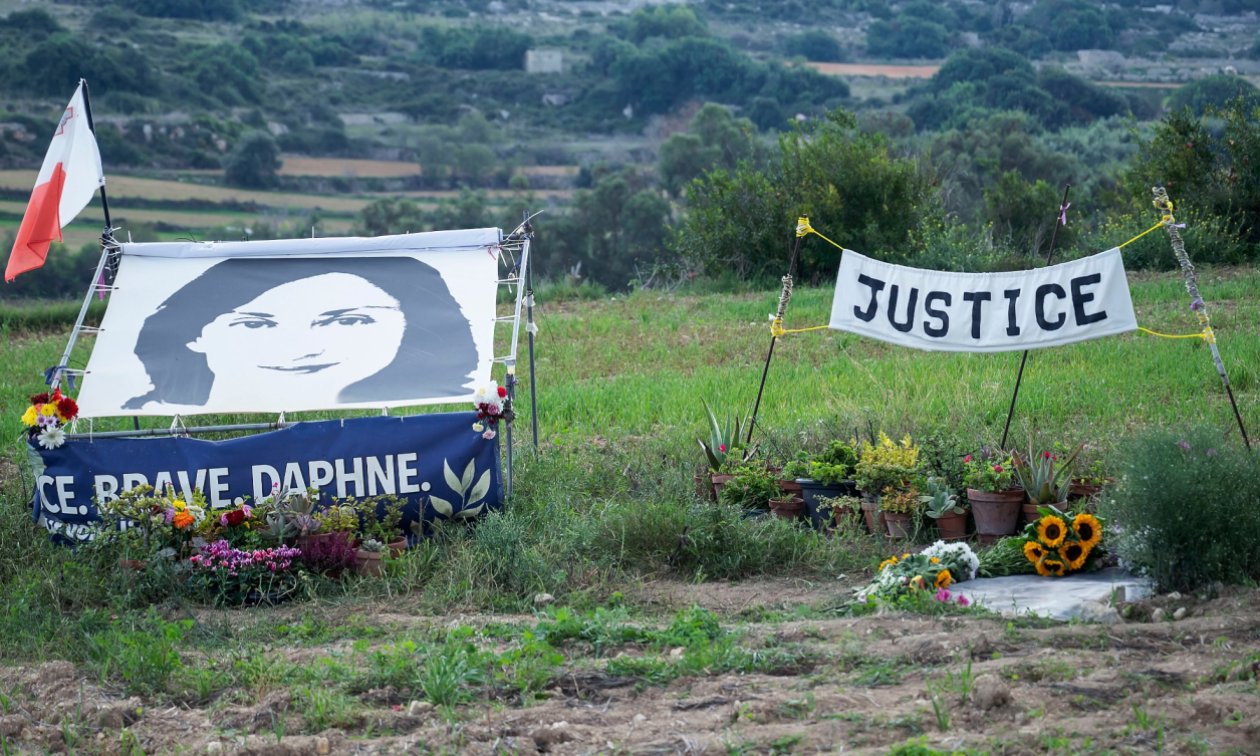In October 2017, the murder of investigative journalist Daphne Caruana Galizia dealt a devastating blow to the Maltese media. She had made a name for herself exposing political and economic corruption and was also well-known outside the country.

In October 2017, the murder of investigative journalist Daphne Caruana Galizia dealt a devastating blow to the Maltese media. She had made a name for herself exposing political and economic corruption and was also well-known outside the country.
